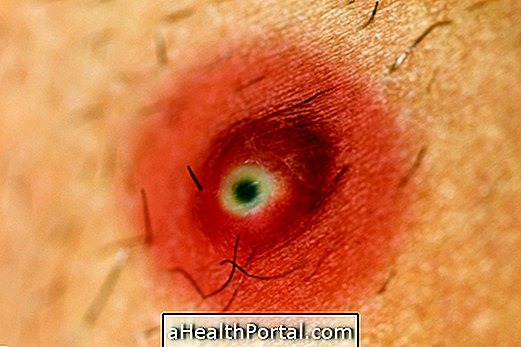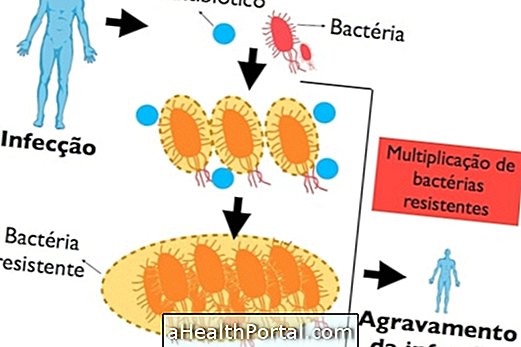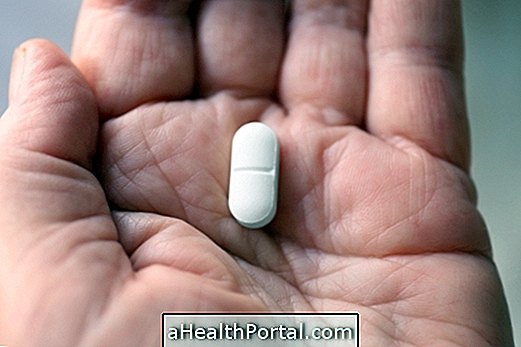Treatment for hepatitis initially consists of rheumatoid arthritis, hydration, good nutrition, and taking no medication during the days of infection, which is about 4 to 5 weeks, unless recommended by your doctor.
The restriction in drug use at this stage occurs because the diseased liver can not properly metabolize the drugs, increasing the chances of producing even more toxins, damaging the body. Alcoholic beverages are prohibited, even in small doses, as they can aggravate the disease. Hospitalization may be necessary in severe cases but most patients do not require hospital care.
Food is important in any type of hepatitis, so know what to eat in case of hepatitis:

Hepatitis A
The treatment for hepatitis A consists of resting, eating a balanced diet with plenty of fluids and avoiding medications that impair liver function.
One of the symptoms of hepatitis A is lack of appetite that worsens at the end of the day, so a good intake of fluids and solid foods during the day should be used. Intravenous feeding is necessary in the acute stage when the patient has persistent vomiting and can not maintain oral intake. Isolation of the patient with hepatitis A in a single room and bathroom is only necessary in cases of fecal incontinence which is rare. Learn more about treatment for hepatitis A.
Hepatitis B
Treatment for hepatitis B is made with a specific medication for antiviral therapy and is administered orally. However, in mild and moderate cases this therapy is not advised. The isolation of the patient with hepatitis B in a single room and bathroom is only necessary in cases of bulky and uncontrolled bleeding that is rare. Learn more about treatment for hepatitis B.
In addition, it is important that the person remain at rest, eat adequate diet, drink plenty of fluids and avoid drinking alcohol. However, the best way to prevent hepatitis B is through vaccination, whose first dose should be taken within the first 12 hours of life. Learn more about the hepatitis B vaccine.
Hepatitis C
Treatment for hepatitis C should be done according to the guidance of the hepatologist or infectologist. Inferteron alfa injection is usually recommended in combination with the oral medication Ribavirin. However, these medications have several side effects. any effect related to the use of the product. Learn all about hepatitis C.
Also, it is important to have a proper diet to avoid further damage to the liver. Understand how treatment for hepatitis C is done.
Hepatitis D
The treatment of hepatitis D is done in the same way as for hepatitis B, since the hepatitis D virus depends on the hepatitis B virus to replicate, so it is important to stay at rest, follow a balanced diet and avoid consuming alcoholic beverages . In addition, prevention for hepatitis D is done through vaccination against hepatitis B.

Hepatitis E
Hepatitis E usually is solved by the body itself, without the need to take medication, and only need to rest, drink plenty of fluids and have adequate food. In more severe cases, which is when there is co-infection with the hepatitis C virus or A, for example, the use of antiretroviral drugs may be recommended. Learn all about hepatitis E.
Hepatitis F and G
Hepatitis F is considered a subgroup of hepatitis C and so far no cases have been described in humans, so there is no established treatment. In the case of hepatitis G, although the virus can be found in people, especially those with hepatitis C, B or HIV virus, treatment is not yet well established, and it is important to consult the hepatologist or infectologist to define the best therapeutic strategy .
Autoimmune hepatitis
The treatment for autoimmune hepatitis is done with the use of drugs that decrease inflammation of the liver, such as corticosteroids or immunosuppressants, such as prednisone and azathioprine respectively, which should be consumed according to the doctor's advice. Here's how to identify and treat autoimmune hepatitis.
It is also important that the person with autoimmune hepatitis has an adequate diet and avoid consuming fatty foods and ingesting alcoholic beverages. Learn how to diet for hepatitis autoimmune.
Medicated hepatitis
In the case of drug-induced hepatitis, treatment is done by suspending or replacing the medicine responsible for liver damage and should be done under medical supervision. It is also important to drink plenty of fluids to speed up the body's detoxification process and treat the complications that arise until the repair and regeneration of the liver, and it is often necessary to perform a transplant. Learn more about drug hepatitis.
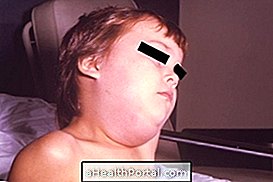
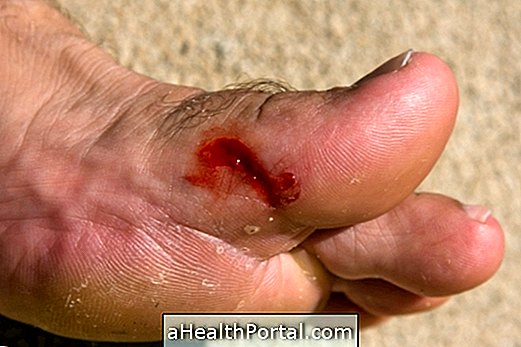
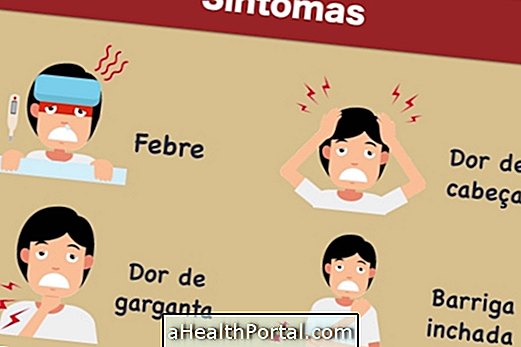






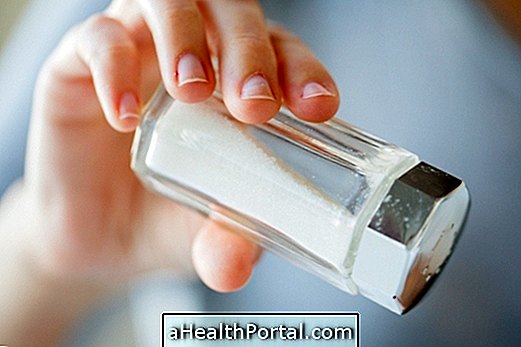

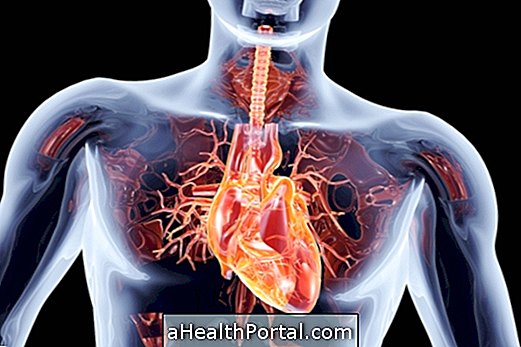




.jpg)

